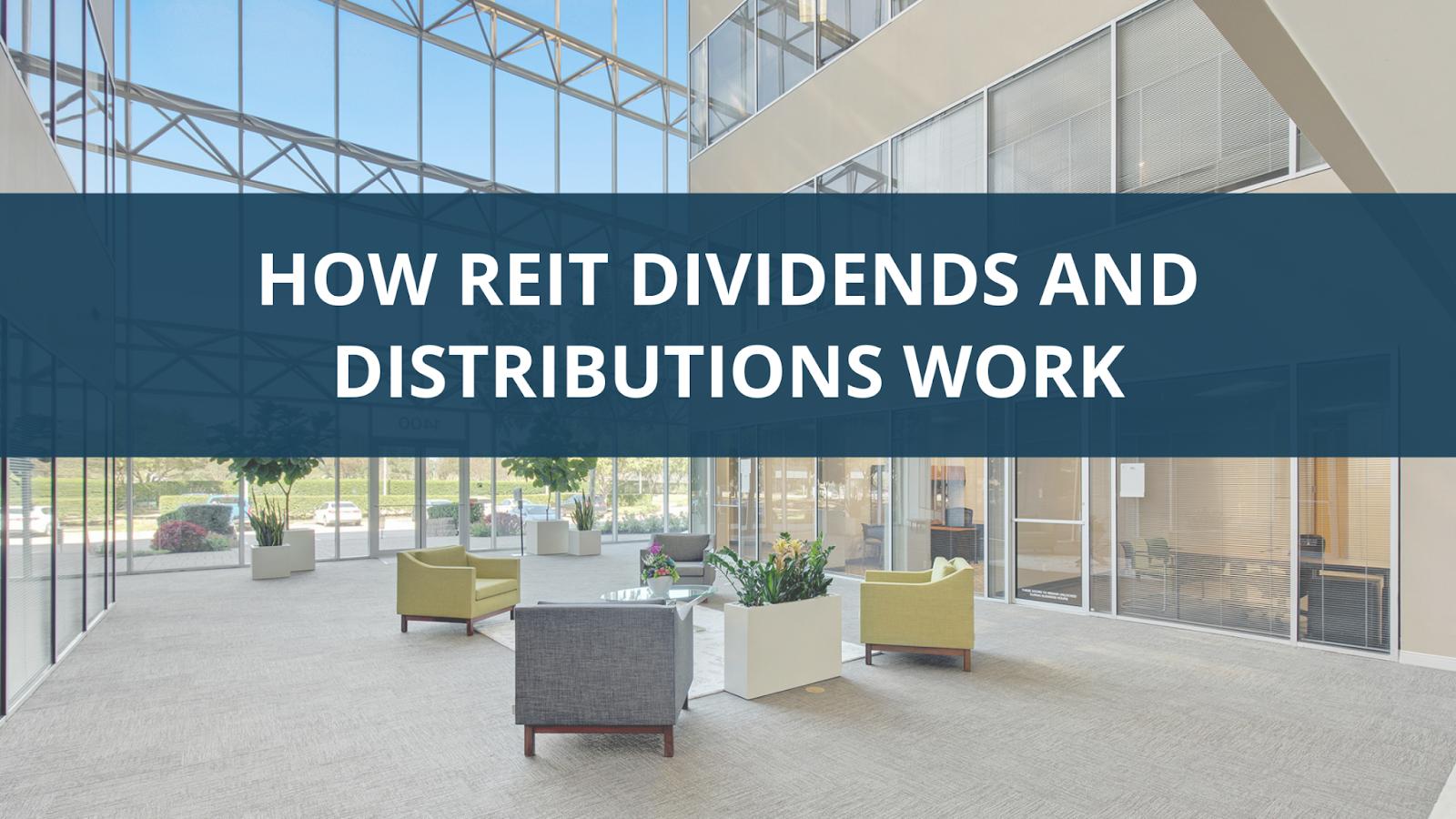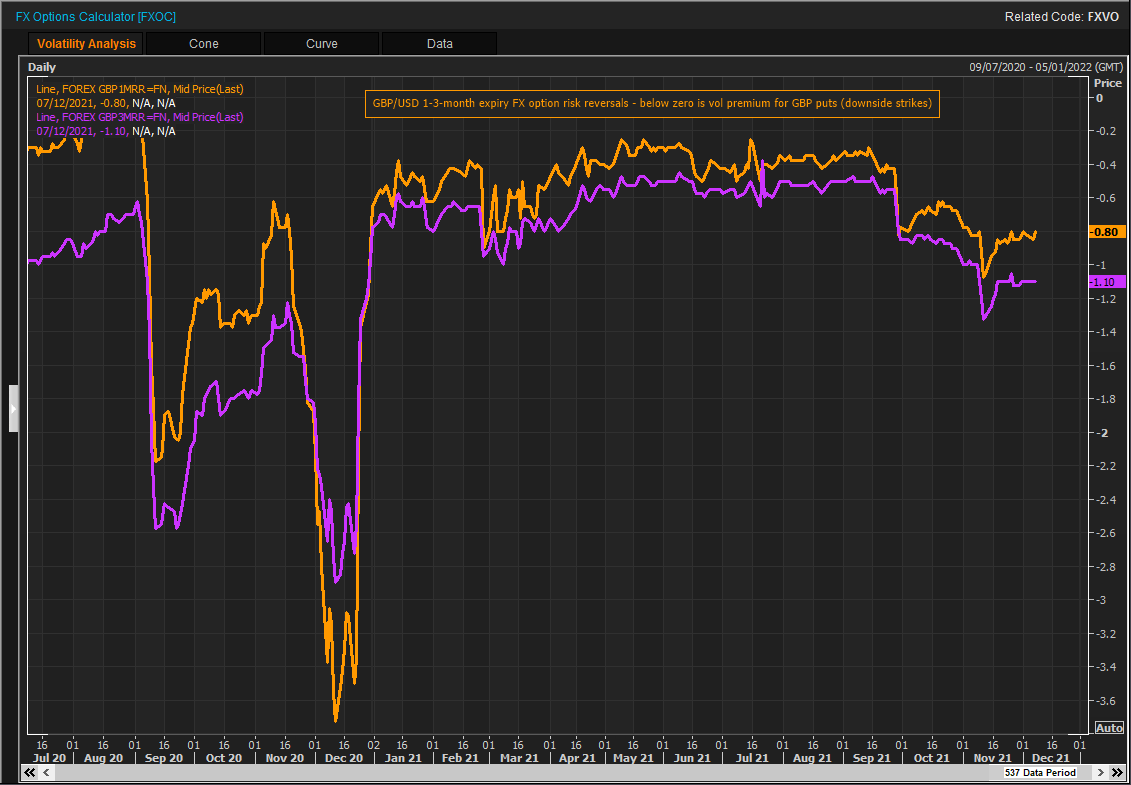
Dividends of common stock up 20 shares into one (1) share can be done by using a 2-for-1 or 3for-1 split. Most commonly, the ratios are two-for-1 or three-for-1. Let's take a look at the different split ratios and their impact on the stock price. Split ratios can help maximize the stock's market value without losing its value.
Shares of Common Stock up to and including twenty (20) into one (1) share
Doral's common stock will be traded on the NYSE in July 2013. A reverse stock split means that each issue and outstanding share of Doral stock will be combined to create one (1) new share. The number of issued shares will decline by approximately 134.0 millions shares, while the authorized share count will shrink by 15,000,000 shares. The NYSE will now trade Doral's common stock under the symbol "DORAL" as a result.

Holders of Class A Preferred stock and Class B preferred stock receive common stock shares from the Company. The Company will issue a certificate to the Series A Preferred Stock Holder indicating the number of shares of Common Stock that they have received upon conversion. However, dividends will not be paid by the Company to Series A preferred stock holders until the Dividend payment date is after the date.
Most split ratios are either 2-for-1 or 3 for 1.
A stock split is a method that publicly traded companies use to distribute additional shares among shareholders. This procedure increases the number outstanding shares by a certain multiple. The share's total dollar value is unchanged. A stock split doesn't affect the company’s value like a merger, stock sale or stock sale. The most common split ratios are 2-for-1 or 3-for-1. However, there are many other options.
A stock split is usually a 2:1 ratio. With shareholder approval, however, other ratios can be used, including three-for-one and 10-for-1. Most stock split ratios are 2:2, but there are many other options, such as 3:1, 10-1, and 3. These ratios are simple to comprehend and use. Each stock holder will receive an extra 50 shares.
Stock prices of companies affected
A stock split can have significant consequences for companies who want to increase the share price. It reduces the price of each share of stock, making it easier for new investors to invest in the company, and it allows current stockholders to purchase more shares. The company's shares are worth more if they are bought by more people. However, the stock price will never be exactly the same as before.

A stock split has one of the greatest benefits: it lowers the share price, making them more affordable to small investors. Small investors may be discouraged from buying stock by companies with high share prices. By dividing the shares, the stock price will be more affordable for new investors and drive the price higher. It can also make a company attractive to potential employees.
FAQ
What are the advantages of owning stocks
Stocks can be more volatile than bonds. The value of shares that are bankrupted will plummet dramatically.
However, if a company grows, then the share price will rise.
Companies usually issue new shares to raise capital. Investors can then purchase more shares of the company.
Companies borrow money using debt finance. This allows them to get cheap credit that will allow them to grow faster.
If a company makes a great product, people will buy it. Stock prices rise with increased demand.
The stock price should increase as long the company produces the products people want.
What is the difference of a broker versus a financial adviser?
Brokers are specialists in the sale and purchase of stocks and other securities for individuals and companies. They handle all paperwork.
Financial advisors are experts on personal finances. They use their expertise to help clients plan for retirement, prepare for emergencies, and achieve financial goals.
Banks, insurance companies or other institutions might employ financial advisors. You can also find them working independently as professionals who charge a fee.
Consider taking courses in marketing, accounting, or finance to begin a career as a financial advisor. You'll also need to know about the different types of investments available.
Why is marketable security important?
An investment company's primary purpose is to earn income from investments. It does this through investing its assets in various financial instruments such bonds, stocks, and other securities. These securities have certain characteristics which make them attractive to investors. They can be considered safe due to their full faith and credit.
Marketability is the most important characteristic of any security. This refers primarily to whether the security can be traded on a stock exchange. Securities that are not marketable cannot be bought and sold freely but must be acquired through a broker who charges a commission for doing so.
Marketable securities include government and corporate bonds, preferred stocks, common stocks, convertible debentures, unit trusts, real estate investment trusts, money market funds, and exchange-traded funds.
These securities are often invested by investment companies because they have higher profits than investing in more risky securities, such as shares (equities).
What is the difference in the stock and securities markets?
The entire market for securities refers to all companies that are listed on an exchange that allows trading shares. This includes stocks as well options, futures and other financial instruments. There are two types of stock markets: primary and secondary. Stock markets that are primary include large exchanges like the NYSE and NASDAQ. Secondary stock markets let investors trade privately and are smaller than the NYSE (New York Stock Exchange). These include OTC Bulletin Board (Over-the-Counter), Pink Sheets, and Nasdaq SmallCap Market.
Stock markets are important as they allow people to trade shares of businesses and buy or sell them. It is the share price that determines their value. New shares are issued to the public when a company goes public. Investors who purchase these newly issued shares receive dividends. Dividends are payments that a corporation makes to shareholders.
Stock markets provide buyers and sellers with a platform, as well as being a means of corporate governance. Boards of directors are elected by shareholders to oversee management. Boards make sure managers follow ethical business practices. In the event that a board fails to carry out this function, government may intervene and replace the board.
What is a REIT?
A real estate investment trust (REIT) is an entity that owns income-producing properties such as apartment buildings, shopping centers, office buildings, hotels, industrial parks, etc. They are publicly traded companies which pay dividends to shareholders rather than corporate taxes.
They are similar to a corporation, except that they only own property rather than manufacturing goods.
How do I invest my money in the stock markets?
Brokers can help you sell or buy securities. A broker can sell or buy securities for you. When you trade securities, brokerage commissions are paid.
Brokers often charge higher fees than banks. Banks are often able to offer better rates as they don't make a profit selling securities.
If you want to invest in stocks, you must open an account with a bank or broker.
A broker will inform you of the cost to purchase or sell securities. Based on the amount of each transaction, he will calculate this fee.
Your broker should be able to answer these questions:
-
The minimum amount you need to deposit in order to trade
-
How much additional charges will apply if you close your account before the expiration date
-
What happens if you lose more that $5,000 in a single day?
-
How long can you hold positions while not paying taxes?
-
How you can borrow against a portfolio
-
whether you can transfer funds between accounts
-
What time it takes to settle transactions
-
The best way to sell or buy securities
-
How to Avoid Fraud
-
how to get help if you need it
-
Can you stop trading at any point?
-
whether you have to report trades to the government
-
If you have to file reports with SEC
-
How important it is to keep track of transactions
-
whether you are required to register with the SEC
-
What is registration?
-
How does it affect me?
-
Who must be registered
-
What time do I need register?
Statistics
- Individuals with very limited financial experience are either terrified by horror stories of average investors losing 50% of their portfolio value or are beguiled by "hot tips" that bear the promise of huge rewards but seldom pay off. (investopedia.com)
- "If all of your money's in one stock, you could potentially lose 50% of it overnight," Moore says. (nerdwallet.com)
- The S&P 500 has grown about 10.5% per year since its establishment in the 1920s. (investopedia.com)
- For instance, an individual or entity that owns 100,000 shares of a company with one million outstanding shares would have a 10% ownership stake. (investopedia.com)
External Links
How To
How can I invest in bonds?
An investment fund is called a bond. Although the interest rates are very low, they will pay you back in regular installments. You can earn money over time with these interest rates.
There are many ways you can invest in bonds.
-
Directly buying individual bonds
-
Buy shares in a bond fund
-
Investing via a broker/bank
-
Investing through financial institutions
-
Investing through a pension plan.
-
Invest directly through a stockbroker.
-
Investing with a mutual funds
-
Investing through a unit trust.
-
Investing in a policy of life insurance
-
Investing in a private capital fund
-
Investing in an index-linked investment fund
-
Investing with a hedge funds